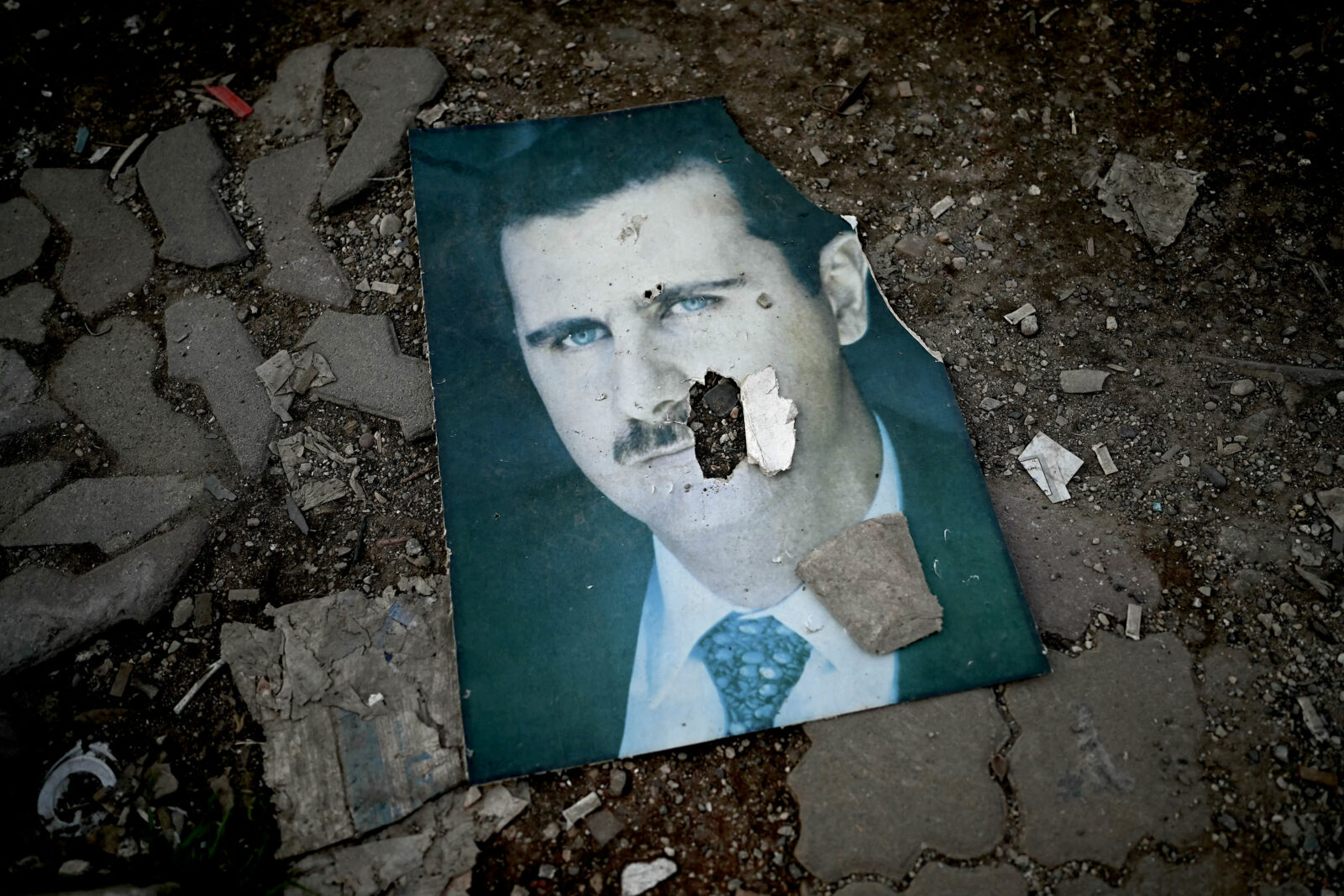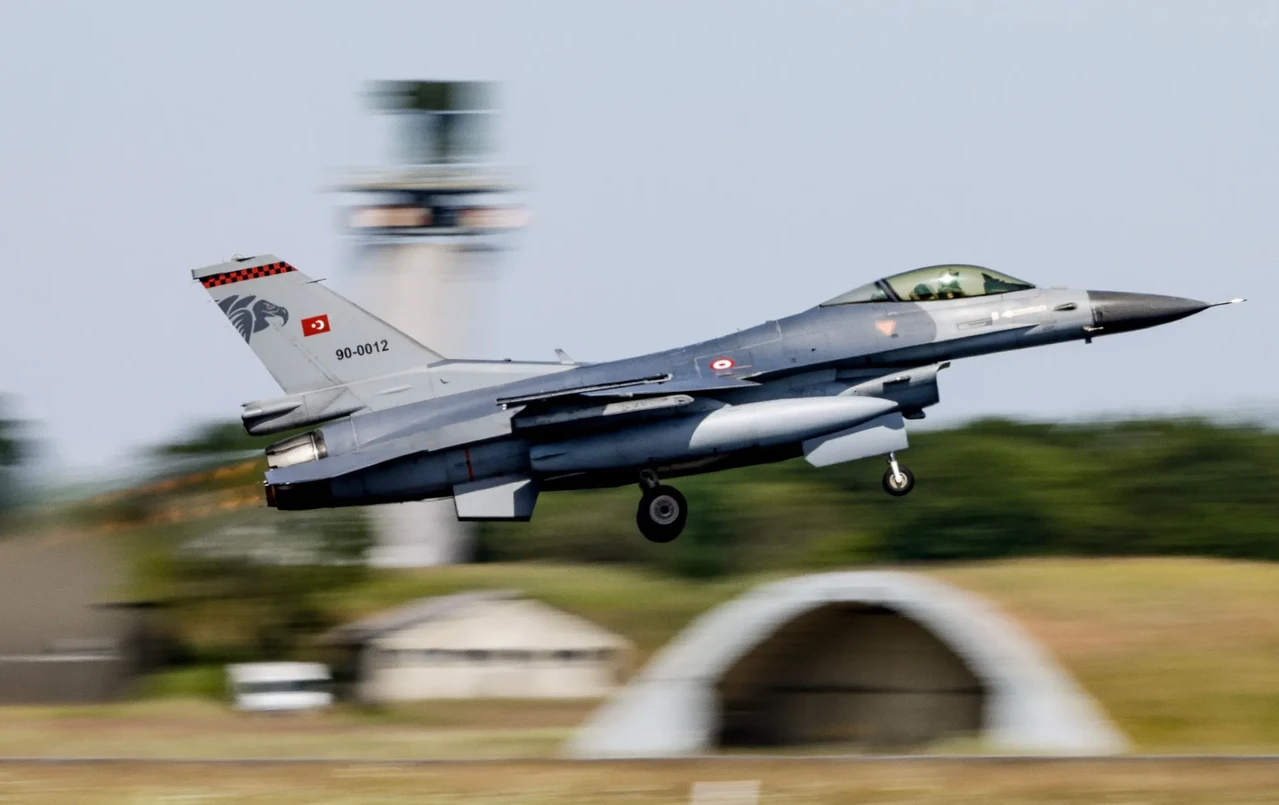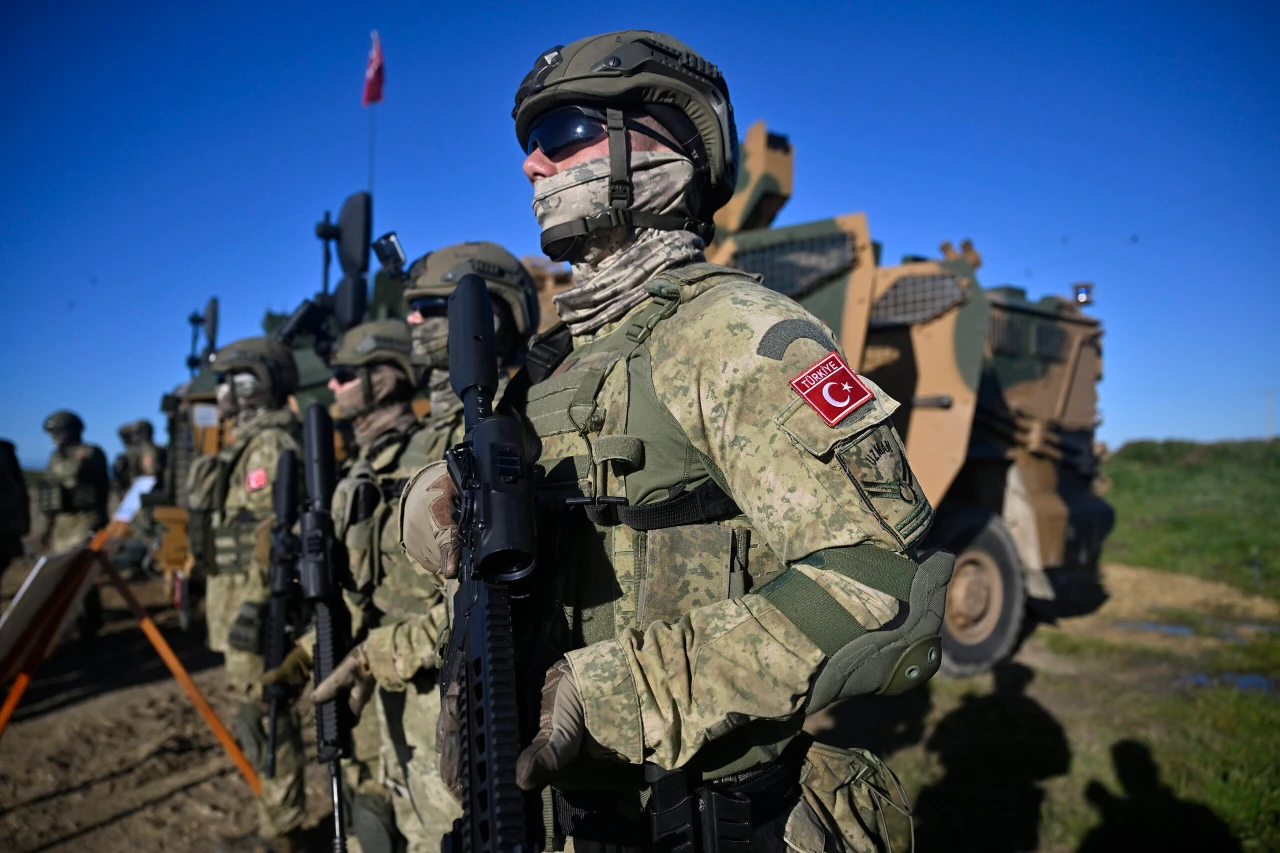Russia collaborates with Israel while evacuating Assad: Turkish media
 Former Syrian regime leader Bashar al-Assad (L) meets Russian President Vladimir Putin, in Sochi, Russia, Nov. 20, 2017. (IHA Photo)
Former Syrian regime leader Bashar al-Assad (L) meets Russian President Vladimir Putin, in Sochi, Russia, Nov. 20, 2017. (IHA Photo)
New details have surfaced regarding the escape of Syria’s deposed dictator, Bashar al-Assad. Assad revealed Russia assisted the process, and reports suggest Russian officials communicated with Israel via a special channel, according to Turkish media.
It has also been confirmed that Israel refrained from bombing Syria on the day of Assad’s escape, despite its ongoing airstrikes across the country.
Why does this matter?
This development sheds light on the cooperation between Russia and Israel during Assad’s escape. The collaboration between these two countries, especially in the context of the Syrian conflict, marks a significant shift in regional dynamics.


Details
- Assad’s escape: Assad confirmed in a statement from Moscow that he fled Syria at Russia’s request. He explained that when he arrived at the Hmeymim Airbase, it became clear that Syrian forces had completely withdrawn from the front lines, signaling a worsening military situation in the region.
- Russia, Israel’s cooperation: Reports indicate that, shortly before Assad’s departure, Russia communicated with Israel through a special channel with the message, “I’m taking my man.” Russian officials also reportedly asked Israel not to strike Assad’s plane while it was airborne.
- Military activity on Dec. 8: On the day Assad fled, on Dec. 8, Israel continued its airstrikes on Syria but refrained from flying over the area where Assad was escaping. The plane carrying Assad to Moscow reportedly flew at a low altitude with its transponder turned off to avoid detection.
Zoom in
- Assad’s tactics: Before fleeing, rumors circulated that Assad would appear on television. However, it was later revealed that Russia had already planned his departure. Assad reportedly took only two people with him when he fled, emphasizing the secrecy surrounding the operation.
- Israel’s role: During the escape, Assad is said to have provided Israel with the locations of key Syrian military sites, including weapons depots, missile launchers and fighter jets, to ensure that his plane would not be targeted.
Zoom out
- End of Baath regime: Assad’s departure marks the collapse of the 61-year-old Baathist regime in Syria, a pivotal moment in the ongoing civil war. This event could significantly alter the political landscape in Syria and impact regional geopolitics.
- Russia’s influence: Russia’s role in facilitating Assad’s escape underscores its strategic interests in Syria. Additionally, the cooperation between Russia and Israel may influence future diplomatic relations between the two countries, with potential long-term implications for the region.
What’s next?
With Assad’s departure, a power vacuum in Syria may lead to political and military shifts. This development could alter Russia’s and Israel’s roles in Syria and affect the trajectory of the conflict and regional stability.



